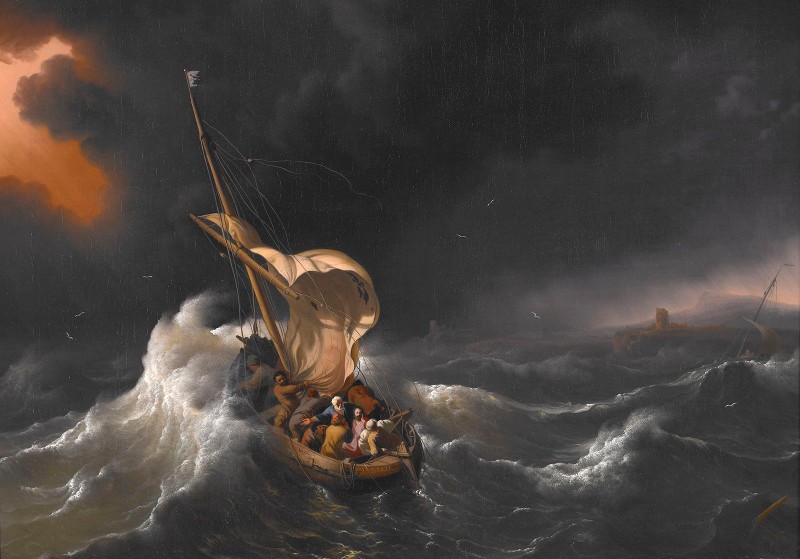Does What You Do Matter?

If you’re like me, you probably stop to look around once in a while and wonder if your actions are noticed, if the decisions you make affect the world in any remotely measurable way. After all, you’re only one individual, just so much flotsam floating around in a boundless roiling sea of people who will never know your name.
When you try to help out a friend, when you give food to a homeless person, when you do anything at all to show the people around you that you care, have you really contributed to the health and well-being of the world? When you’re frustrated and you choose to take it out on others, when you steal a few dollars when you think no one’s looking, when you indulge in idle gossip or slander, are you really a significant part of the world’s problems? Does what you do matter, or are all of your deeds just statistical anomalies, a series of dead-end choices that are drowned out by the deafening noise of a densely populated world?
If you’re a celebrity or world leader, your role is obvious. You have a large sphere of influence, and your actions directly impact thousands or even millions of people. But if you’re just an average Joe, it’s easy to believe that what you do is meaningless, that however you choose to act, your deeds won’t ever touch the world in a significant way.
The problem with this belief is that it’s born of a limited vision. You can only sense what stands immediately before you, and unless you can witness the impact your choices have on the rest of the world, you’re going to dismiss the things you do as insignificant. This narrow perception blinds you to the bigger picture and makes it impossible for you to understand how connected you are to everyone else, to how much good and how much evil you’re capable of inflicting on the world through the simple act of making choices, which on the surface appear mundane and insignificant.
In reality, everything you do has vast far-reaching consequences, not just for your immediate family and friends, but for your whole community, your nation, even the world. The things you do aren’t isolated events. Your choices influence others. On a normal day, you might only interact with ten people, but all ten of those people will interact with others, and each of those will interact with yet others. Like the surface of a lake when it’s disturbed, your actions ripple outward, propagating through the social layers of the world, their reach magnified with distance.
A rude gesture is like a match applied to dry kindling; it seems so trivial, until the fire spreads, consuming the world, leaving those who’ve lost everything in its wake to wonder how the fire could have been started in the first place.
An act of love, on the other hand, sparks a different kind of fire, one that has its genesis in a smile, a hug, or a word of encouragement, one that consumes hearts, until the world is a conflagration of kindness, empathy and compassion.
Most of us dream about changing the world, about making the world better. It’s only when faced with the apparent worthlessness of our existence that we become jaded, that we give up on our dream because we can’t see any reasonable way to achieve it.
Our dream of a better world can be realized. But to make it happen, we must first extend our vision beyond what we can see with our eyes. We must be capable of comprehending the far-reaching consequences of our actions. We might not be able to see how those outside our spheres of influence will be affected, but we can use our imagination to paint a larger picture, to see how the things we do might grow and spread beyond our local communities.
Reading fiction is one way to accomplish this. Fiction lets us witness firsthand not only the actions of individuals, but all the many ways in which those actions affect others. It’s a fantastic mental exercise that breeds a profound awareness of the human condition. There’s a reason we’ve been telling stories for millennia.
While it’s important to recognize our individuality and to value the many ways in which we’re unique, it’s equally important to recognize that we’re not just a loosely bound collection of disconnected beings, but a societal organism whose body is the composition of the entire human population. What happens to one part of the body affects the others. Evil deeds spread like cancer, until they metastasize and begin to destroy. Good deeds, on the other hand, are healing forces, which fight the malignant tumors even as they sustain and uplift everything else, rejuvenating the world.
Understanding that your actions do in fact leave a lasting impression on the planet, you shouldn’t ask yourself if what you do matters. Instead, you should decide if you desire to be a part of the cancer or a part of the cure.
Enter your email address and click "Submit" to subscribe and receive The Sign.
